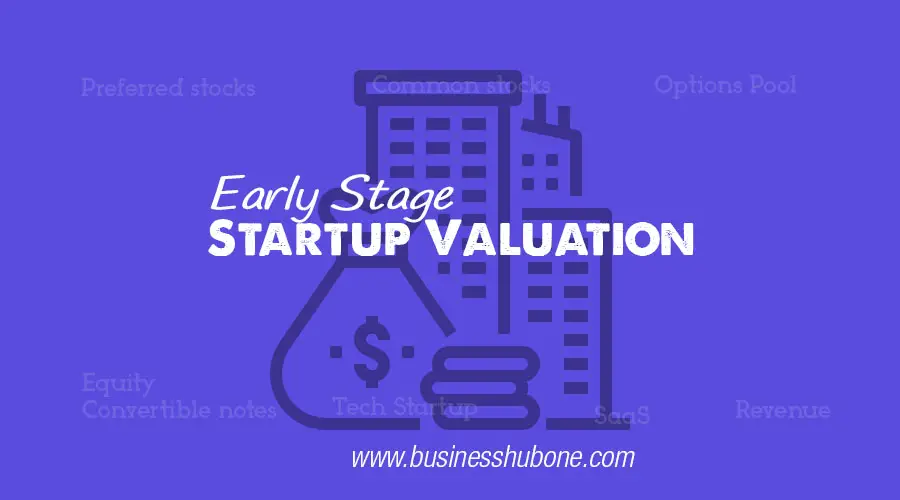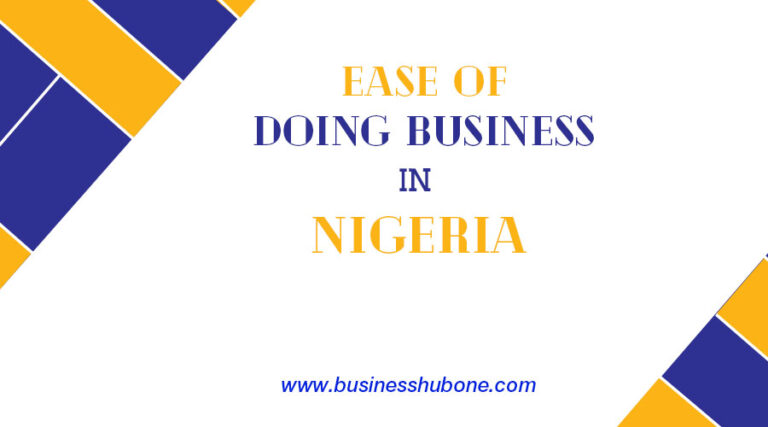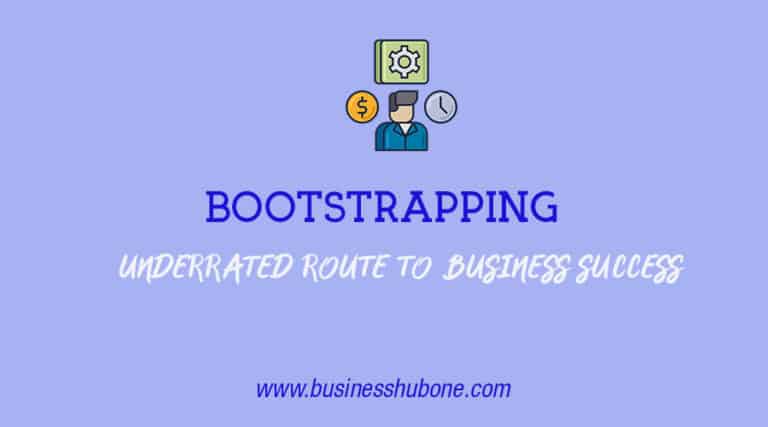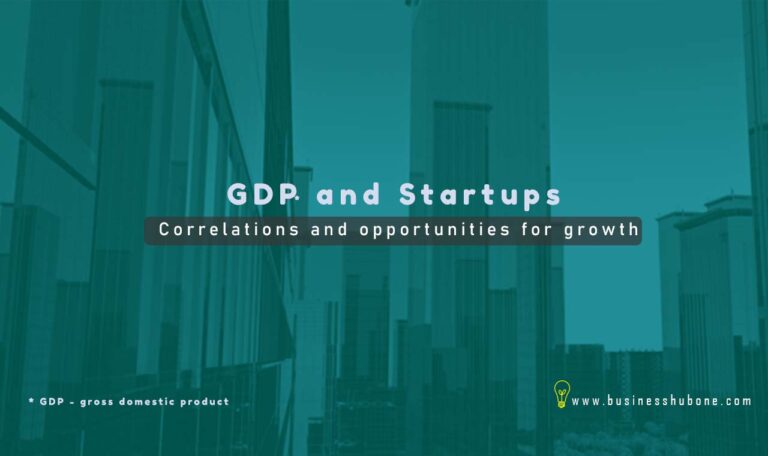Early Stage Startup Valuation Explained: Vesting, Convertible notes, Preferred shares and other concepts
Startup valuation matters to your startup as it determines the proportion in which the shares of the company will be shared either among founders and to investors as they invest in your company
Typical Freshly-Minted startups
In the United States, most startups are incorporated as Delaware-C corporations and valued at $100 upon registration with 10 million shares of stock. The near-zero valuation is adopted to reduce tax calculation complications in the initial valuation of the startup.
However, the company is worth a whole lot more than the initial value adopted during incorporation.
Table of Contents
How to Determine the Value an Early Stage Startup
It can be a little tricky to determine the value of early-stage startups as usually there might not be considerable traction to serve as a metric to effectively measure the value of the startup.
At the early stage, the valuation of the company does not necessarily show the true value of the company rather it shows how much the investor gets for his money.
Investing in early stage startups can be classified in two major categories
a) Investing in convertible securities
b) Investing in a priced equity round
Founders checklist
How much the founder/co-founders are willing to part with
This is the principal factor that influences the valuation of early stage start
This must be determined as the motivation of the founders to stay committed to their startup is the hope and promise that in the near future their startup will be worth their while. If this is eroded in the bid to get investors the company might as well not exist as the principal founders will have little or no motivation to make things work.
For early-stage startups usually, about 5-20% of the value of the company will be offered to the investors in return for their investment.
How much is needed to keep the business running
This can be determined by calculating your burn rate and how much of runway you need
Burn Rate
Burn rate is simply the rate at which your company spends money.
If your company spends $10,000 per month, then your burn rate is $55,000/month
Runway
This is how long your company can survive if income and expenses stay the same. Startups raise money to increase runway. The concept of runway is valid for early stage startups that are yet to begin to raise money of their own.
Runway gives a measure of how long can survive till your startup needs to raise money again and or how much your startup has until you turn a profit in order to keep the business afloat.
Runway = Available cash/Burn rate
If a company with a $10,000/month burn rate raises raises $1M the the run way is
$1M / ($80,000/month) = 18.2 months
This is approximately 18 months of runway
A typical runway should be put at 18 months. As the company will want to have enough time to focus on growth.
It is expected that the startup would have reached certain milestones within 12- 15 months of the runway and steps are taken to raise funds in the remaining time leading to the expiration of the runway.
Industry/Sector
There is the influence of the industry where the startup falls into has a great impact of the value of the startup
A tech startup will naturally be value more than a real estate startup or a regular brick-and-mortar business.
Investor Checklist
For an investor the check list is a bit different
Hotness of the Sector
If the sector the startup is in is hot, the investors will be willing to pay more
Track record of Founders
Serial entrepreneur founders get more consideration, as it is believed that they have what it takes to see the startup to success
Functioning Product
A startup with a functioning product will get more consideration from a typical investor and invariably more funding.
Traction
There is nothing that screams invest for an investor more than customers approval of the product/idea of the startup. An investor will mostly pay a premium to invest in a startup with considerable amount of traction.
Convertible notes
These are promisory notes that help startups raise funds before the appropraite value of their startup can be fully determined. This is very useful for startups that are yet to generate revenue or considerable traction upon which their valuation can be based.
The Convertible notes is converted into stock at the next round of funding.
Example
An investor the agrees to invest $200,000 in an early stage startup will get a convertible note that can be converted into shares at a later date with a discount of about 20%. This discount is to compensate the investor for taking the risk and investing in the startup.
Vesting
This is a system implemented to protect the interest of the participants(co-founders, employees, investors etc.) in an early stage startup
It prevents founders/employees from accessing their shares before a pre-defined period of time. This helps the participants in the company to ensure that founders/employees are commmitted to the success of the company at the earlier stages.
Most times, it takes up to 5 years for the shares is fully vested. In the event that a founder leaves before their shares is fully vested, they will lose share to the proportion of the amount of time remaining for their shares to be fully vested.
Example
Options pool
Due to the complexity of shares, they are not usually redistributed, rather their value is changed.
If you own 500,000 shares in a company, you will forever own 500,000 shares of the company, however the value of the shares might differ more depending on the health of the company and the other factors involved.
If a startup raises new funds, the percentage value of the existing shares reduces to take the value
This is the basis for the concept of options pool
The options pool is a portion of the shares of a startup in order to serve as incentive to attract employees and talent to their startup.
Options pool is usually about 10-20% of the value of the startup.
The size of the options pool effectively reduces the value of the startup to correspond with its size; this is because the options pool is set apart for future employees and technically not owned by anyone.
Other Definitions
Equity
Equity, for short, means ownership. It is the ownership interest of shareholders in a corporation.
Shares
Shares are the single smallest unit of a company’s stock. A company’s stock can be divided into a potentially limitless number of shares, with each of them carrying the same value.
Stock
Stock refers to an unspecified amount of ownership interest in a company.
Common stock
This is the shares of ownership of a company in which most people invest. Majority of stocks is issued in this form
Preferred shares
Preferred Stockholders have a greater claim to the company’s assets than common stockholders.
This represents a way for investors to protect themselves in the event of solvency, files for bankruptcy and begins to liquidate its assets.
Let’s say the startup is acquired for $1.5M, an investor that had previously invested $1M with preferred shares will get his full $1M while the other rest $.5M is split among the rest shareholders.
Tech Startups
The value of tech startups differs greatly from the regular startup as their valuation is usually hinged on their ability to grow rapidly with very little change in their cost of doing business.
Myths about Startup valuation
Recommended: Bootstrapping: The underrated route to startup success
High valuation
High valuation is not the goal for a startup, rather GROWTH!
The endpoint for any startup is to eventually become a profitble business and naturally if you do this job well and become a profitable business, the high valuation will inevitably be conferred on you.
Related: How many startups make one business
Dropbox vs Instagram
Kevin Systrom had previous work at ______ and was reputable in the startup landscape making it easier for him to raise money to get his startup Brnb(now Instagram) off the groundThe effective valuation was 2.5M
Dropbox
Dropbox founded by Drew houston started as a Y-combinator funded startup where he recieved $20,000 for 5% of dropbox. Pre-money Valuation of $400,000.
Today both companies are worth about $1Bn regardless of what their starting valuation was.
High valuation is not to be pursued as growth, if your growth strategy can be scaled effectively then it would make sense to push for a very high valuation as you can eaily convert the n^money into growth,
But if your startup does mot have a clear scalablepath to growth, more money might mean undue pressure to scale and might eventually hurt the conpany
In the event of stupid high valuation a startup, there is a lot of pressure to maintain that high vlutaion and growth in order to secure the next round funding or raise a down round if the startup fails to meet its growth target before it runs out of cash. The down round if usually riddled with unpalatable terms.
Initial investors will turn to vulture capitalists and each and every one of them strives to salvage their losses
Conclusion
The most influential determinants of the value of your startup include market forces, traction, industry/sector, the level of desperation of the founders etc.







